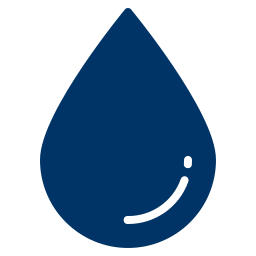.jpg)
Contrary to the name, dry cleaning is not done without liquid. It uses a specific solvent (not water), capable of dissolving stains while maintaining the structure of the fibers. It is the preferred method for delicate, fragile or high-end textiles.
“Dry cleaning isn't just about luxury: it's a guarantee that your most precious clothes will stay beautiful and last.”
✅ The benefits of dry cleaning
- Respect for fragile fibers : ideal for silk, wool, velvet, lined or ornate garments.
- Effective against greasy stains (oil, makeup, sauces) that are resistant to washing with water.
- Preserves shape and color delicate textiles, avoiding shrinkage or deformation.
- Increased clothing durability : your noble pieces stay beautiful longer.
⚠️ Disadvantages to take into account
- Use of chemical solvents, sometimes less environmentally friendly than water.
- Higher cost than conventional washing, because it requires know-how and specialized equipment.
- Slightly longer lead times, depending on the clothing and treatments required.
- Not suitable for all textiles : some everyday clothes benefit from simply being washed in the laundry.
🌱 And on the environment side?
More and more dry cleaners are now adopting ecological dry cleaning processes, using biodegradable solvents or new technologies that are water-based but very gentle on textiles.
This reduces the environmental impact while maintaining the benefits of this method.

.png)
.png)








.png)

